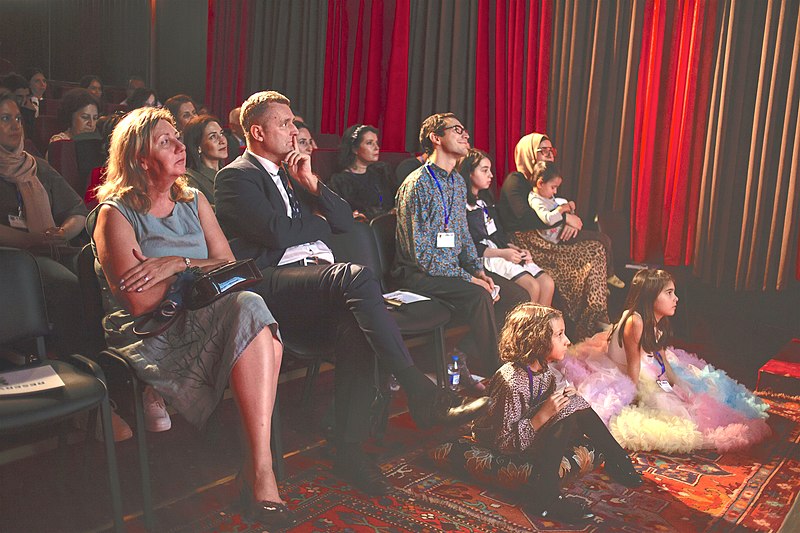Chapter 9 Summary

Listening is an active process that requires preparation, effort, and commitment—the same skills required for effective public speaking. Listening is vastly different than the passive process of hearing, so take steps to resist or eliminate common distractions and set aside any personal bias. This alone takes practice to develop, refine, and eventually perfect, but through a process of trial and error, this increase in self-awareness leads to becoming a sharp, focused listener.
Also, remember the Golden Rule. Avoid disrespectful behaviors such as side-talking, cell phone interactions, or falling asleep. Also avoid behaviors that could possibly derail the speaker, such as an unintentional nonverbal signals like folded arms. Be mindful of how a nervous speaker might interpret such nonverbal signals, so focus on activities that support them instead.
Lastly, the process of conducting critical speech evaluations provides listeners with a skill that’s useful in many other situations throughout life. Learning to recognize the strengths and weaknesses of a speaker can motivate the evaluator to apply the same concepts to their future speeches.

